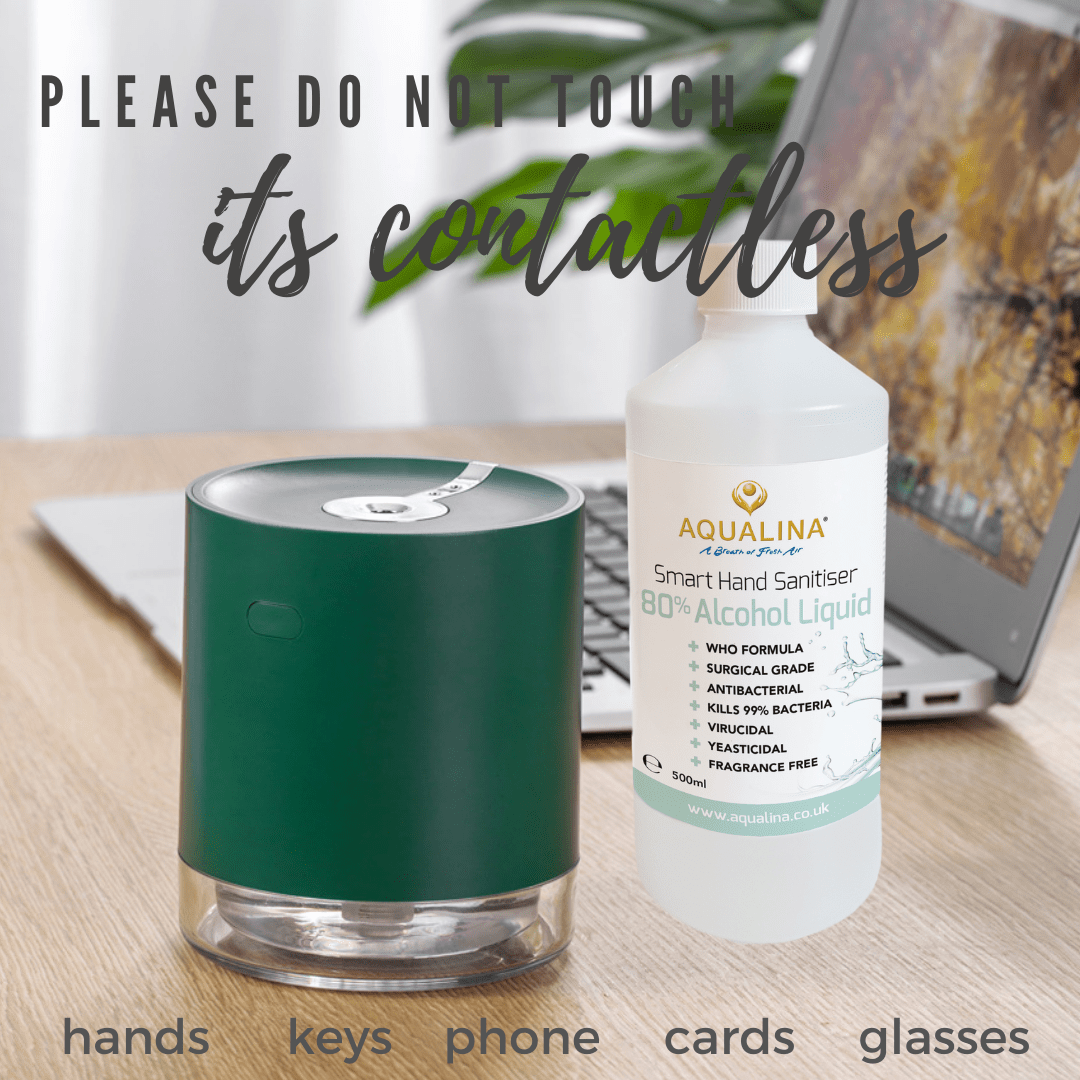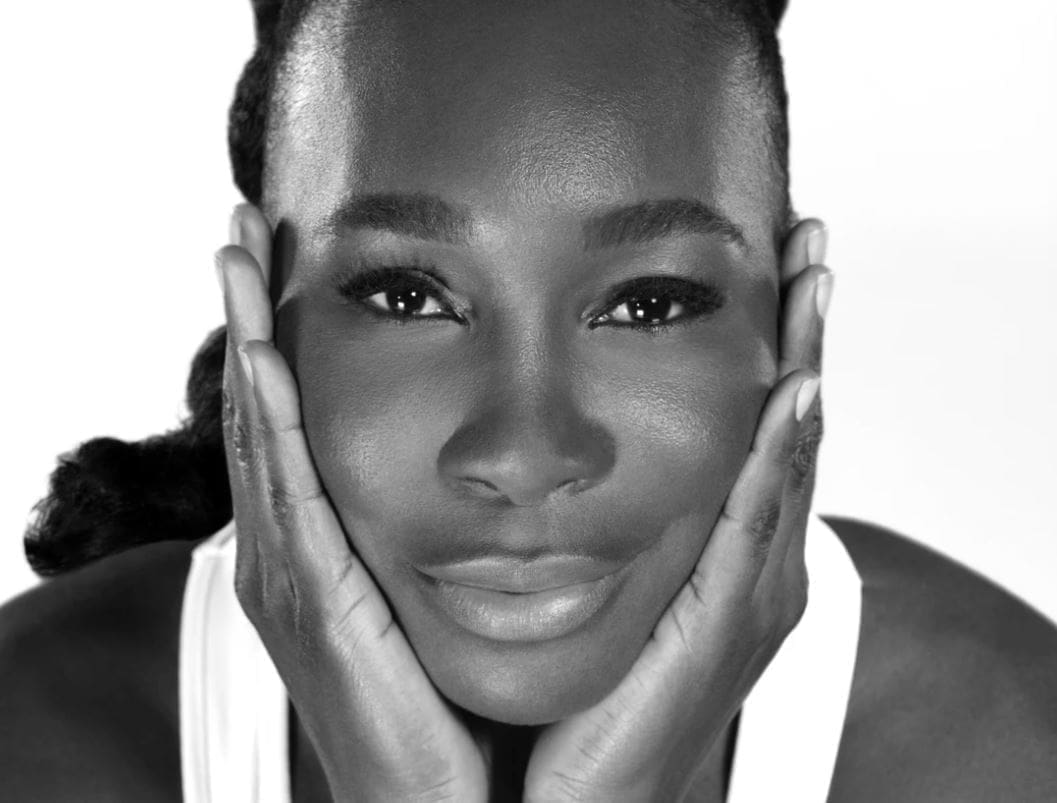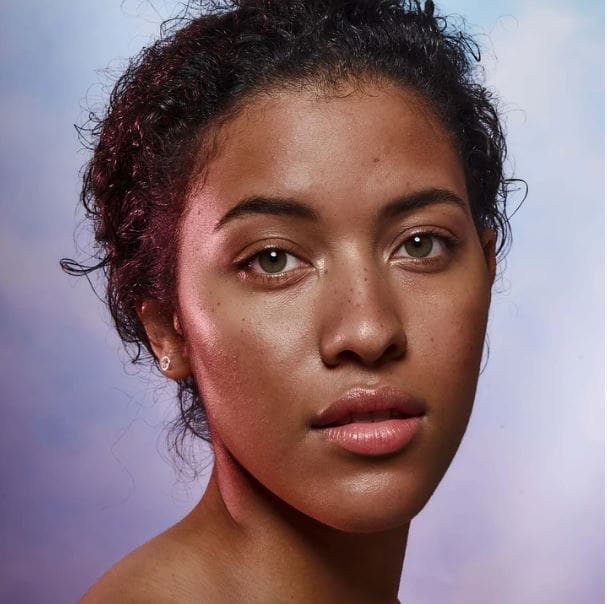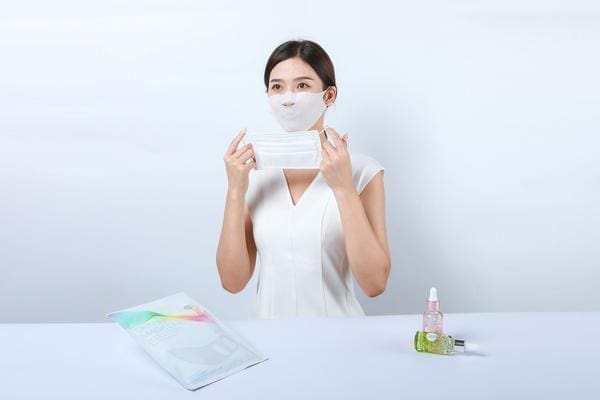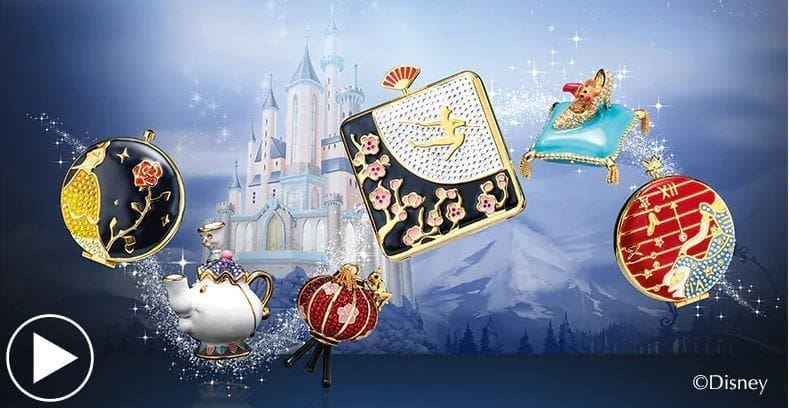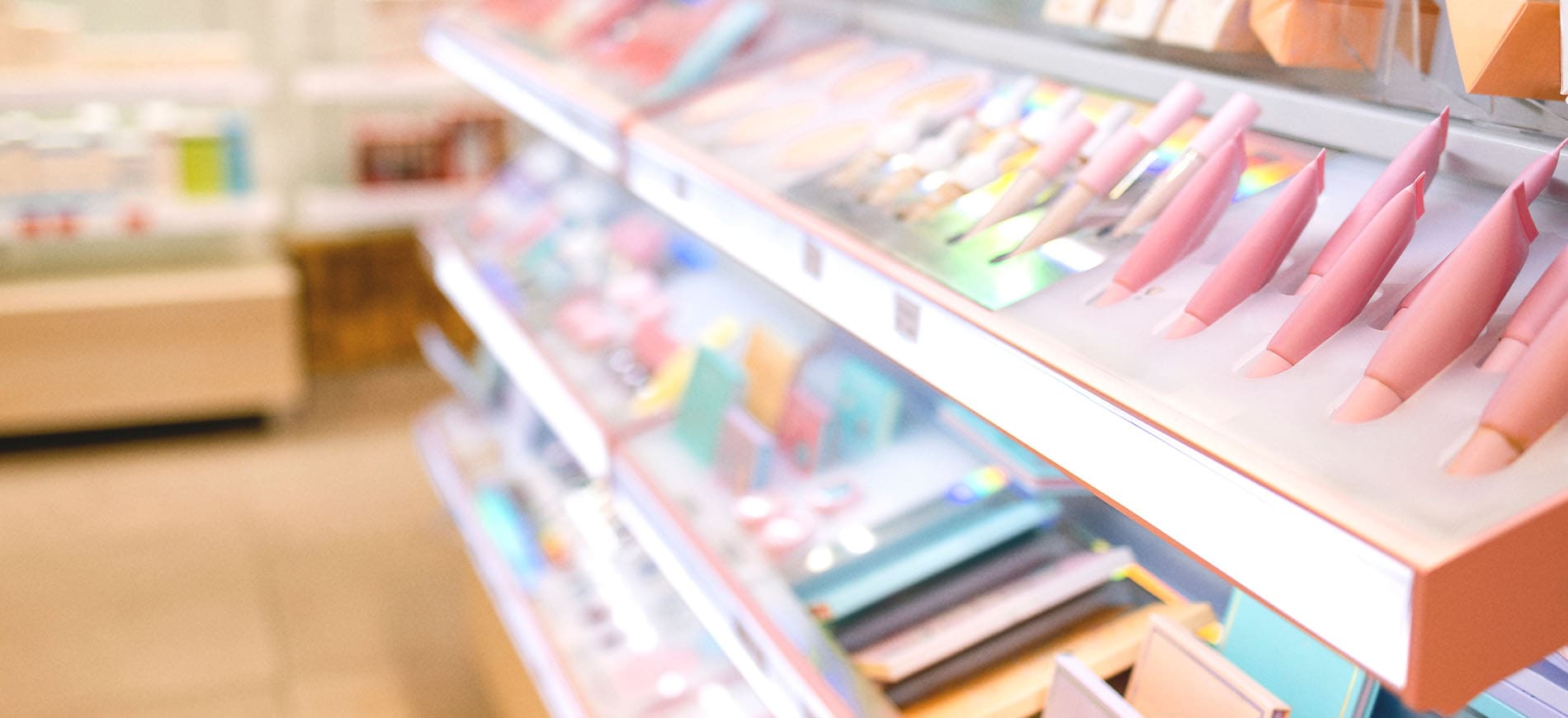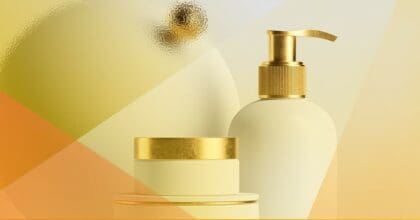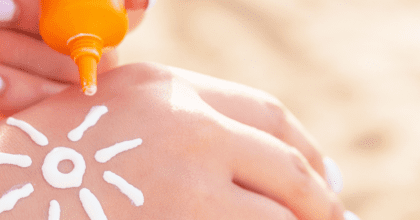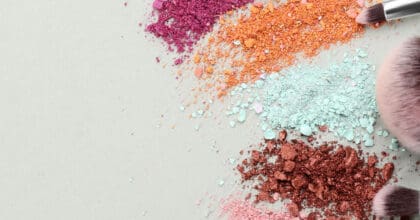Despite the disruption to new product development (NPD), especially at the onset of the COVID-19 crisis – and a difficult year for beauty sales – beauty and personal care (BPC) brands continued to innovate in 2020.
In fact, Mintel Global New Products Database (GNPD) featured over 180,000 new BPC products/variants in 2020. Along the way, 2020 also brought us new buzzwords, some of which may stick with us long into 2021. For example, ‘maskne’, ‘quarantine sunburn’, ‘beauty insperiences’, ‘COVID-washing,’ ‘lockdown face’ and more.
Mintel analysts have reviewed these thousands of BPC launches, and below are a few of our favourite innovations.
BPC brands can look forward to a more hopeful 2021. Once vaccination programmes are complete, we expect joyful and uplifting themes to emerge to help us celebrate overcoming an unprecedented pandemic.
Premiumise hand sanitiser
2020 was the year of the hand sanitiser – sales and innovations boomed as people sought to protect themselves from COVID-19.
But whilst demand for efficacy and high alcohol formulas has previously underpinned segment NPD, heightened consumer interest going into 2021 will drive greater evolution, expansion and premiumisation of hand sanitisers to maintain engagement and competition.
To this end, we have seen sanitisers move into facial care and haircare (eg Beauty Kitchen’s Sensitive Solutions SOS Skin Shield+ and Unilever’s Clear Hair Protection Spray); prestige fragrance-led and crystal beauty inspired innovation (eg from Molton Brown and Llio); and innovations that blur with/enhance home décor.
Indeed, our favourite sanitiser of 2020 is the rechargeable decorative Aqualina ‘smart’ hand sanitiser unit. It comes in three shades, features a night light, and dispenses sanitiser in a hygienic contactless upwards motion. Moreover, it can sanitise both hands and household items.
Source: Aqualina
Diversity-minded innovation is finally at the forefront
The Black Lives Matter movement, spurred on by the tragic death of George Floyd – together with the disproportionate impact of COVID-19 on people from ethnic minorities – was a catalyst for beauty brands to more fully focus on diversity, equality and inclusion; and reach the 48% of US adults who are passionate about opposing racial injustices.
Stand out inclusivity-minded innovations of 2020 include Venus Williams’ EleVen by Venus X Credo suncare range for all skin tones/types, and which doesn’t leave behind any white residue.
Also notable is 4.5.6 Skin (originally part of the LVMH incubator, Cosmet’up) which aims to “close the skincare-race gap”. It is the first customisable skincare brand that caters for the varying skincare needs of people with skin phototypes IV, V and VI (using the Fitzpatrick scale) – aka melanin-rich skin. These wide-ranging darker skin tones can be prone to flaking, oiliness and acne, and often require deeper hydration than lighter skin tones.
Diversity-focused innovations will continue to make headway in 2021, with a gap in the market for more specialised innovation for say Black men (young and old), Gen Zedders; and for more bespoke offerings.
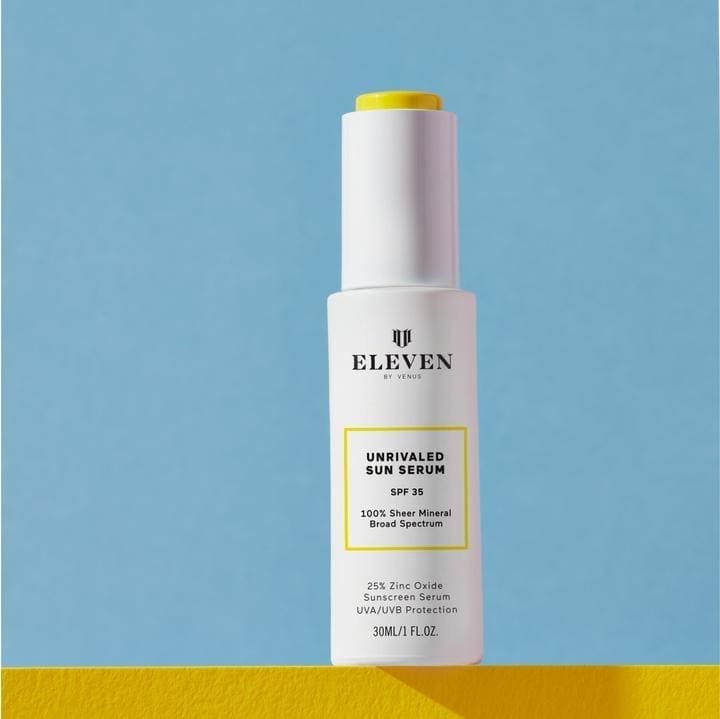
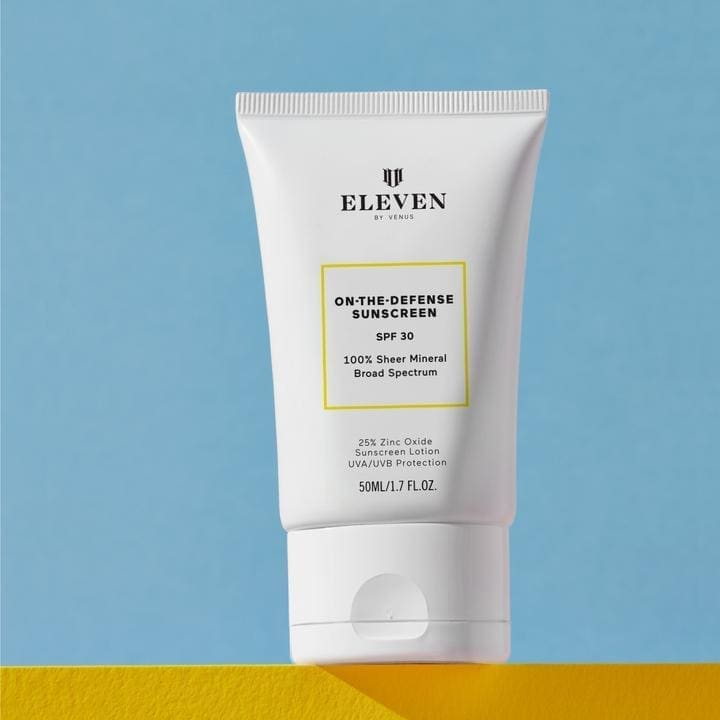
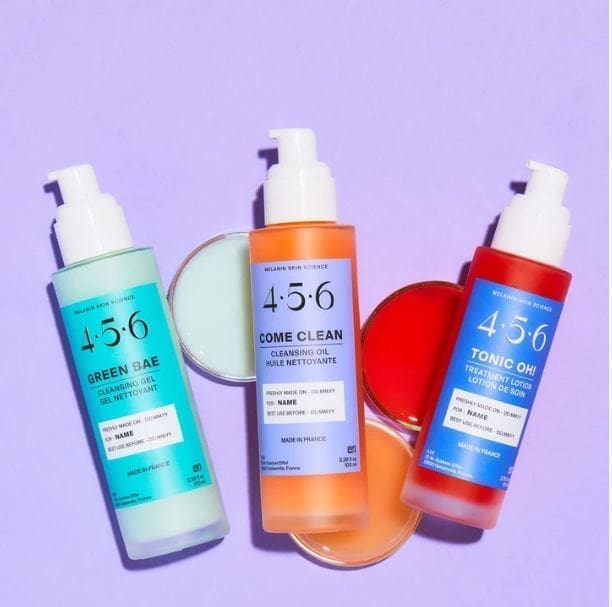
Source: Credo Beauty, Eleven by Venus Williams, 456 Skin
The evolution of face mask-friendly concepts
In 2020, skincare brands were quick to mitigate and factor in the impact of wearing protective face masks on sales. Many topical products emerged to care for covered facial skin likely to be irritated and ‘maskne’ prone.
Anti-maskne concepts were quick to expand and differentiate; now including topical products and hybrid protective mask/facial mask formats.
Our favourite of 2020 is Skin Inc’s Mask Liner made from a “baby-soft”, non-woven fabric. It is to be worn beneath protective masks, ideally over skin that has been treated with Skin Inc’s topical products. It was among the first to be worn alongside protective masks, acting as a shield between skin and the coarse material of some protective masks, and helping to soothe/calm skin and prevent maskne.
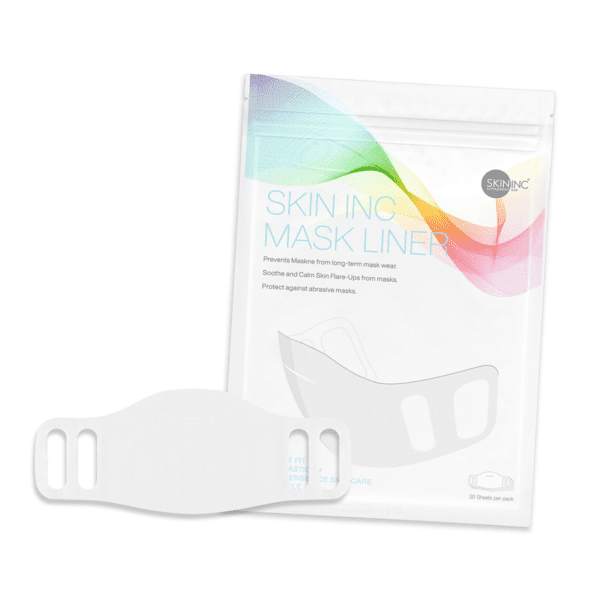
Source: Skin Inc
Future demand for face mask-friendly BPC products will depend on whether the habit of wearing protective face masks continues in the West post COVID-19 – as it has long done so in some Asian markets. This is under debate.
Beauty brands can also focus on caring for exposed facial skin ‘above-the-mask’. In 2020, cosmetic brands honed in on the eyes – skincare brands can follow suit, and especially target eye wrinkles and irritation linked to increased blue light exposure.
Post COVID-19, face mask-friendly BPC products will appeal to those who will likely continue to wear protective face masks on crowded public transport to minimise exposure to and the spread of other respiratory viruses.
A peek at challenged makeup and fragrance markets
Cosmetics and fragrances faced particular difficulties in 2020 with engagement dipping as people spent more time at home and less time socialising. In the UK, over 40% of 16-34 year olds agree that fragrances are only necessary when around others. Brands in these categories have nonetheless sought to maintain their appeal, often via category extension and collaborative ventures.
Amid a disrupted makeup market, NudeStix, the easy to use, stick-format no-makeup makeup brand has expanded into skincare. Nudeskin, as with NudeStix, is focused on simplicity and naturalness, and also taps into vegan, free from and genderless trends. At launch, the collection was made up of five core multitasking products to help users reveal healthy skin using a simple 4-step skincare routine (clean, exfoliate, tone and moisturise).
Disrupting the fragrances market and blurring with household was Samsung’s playful Freshly Laundered – Eco Edition perfume. Tapping into Mintel’s ‘the smell of cleanliness’ trends, it was created to celebrate Samsung’s ecobubble washing machine and supported with a tongue-in-cheek campaign featuring Olympic gold medal winner, Max Whitlock.
Estée Lauder also sought to bring a sense of playfulness, and magic, to makeup and fragrance markets. Its Estée Lauder X Disney collectable powder and solid perfume compacts come in highly decorative fairytale-inspired cases designed by luxury jewellery designer and storyteller Monica Rich Kosann.
With COVID-19 still currently widespread in the West, expect cosmetic and fragrance brands to continue to blur with other markets less impacted by the pandemic (eg skincare, personal care, household).
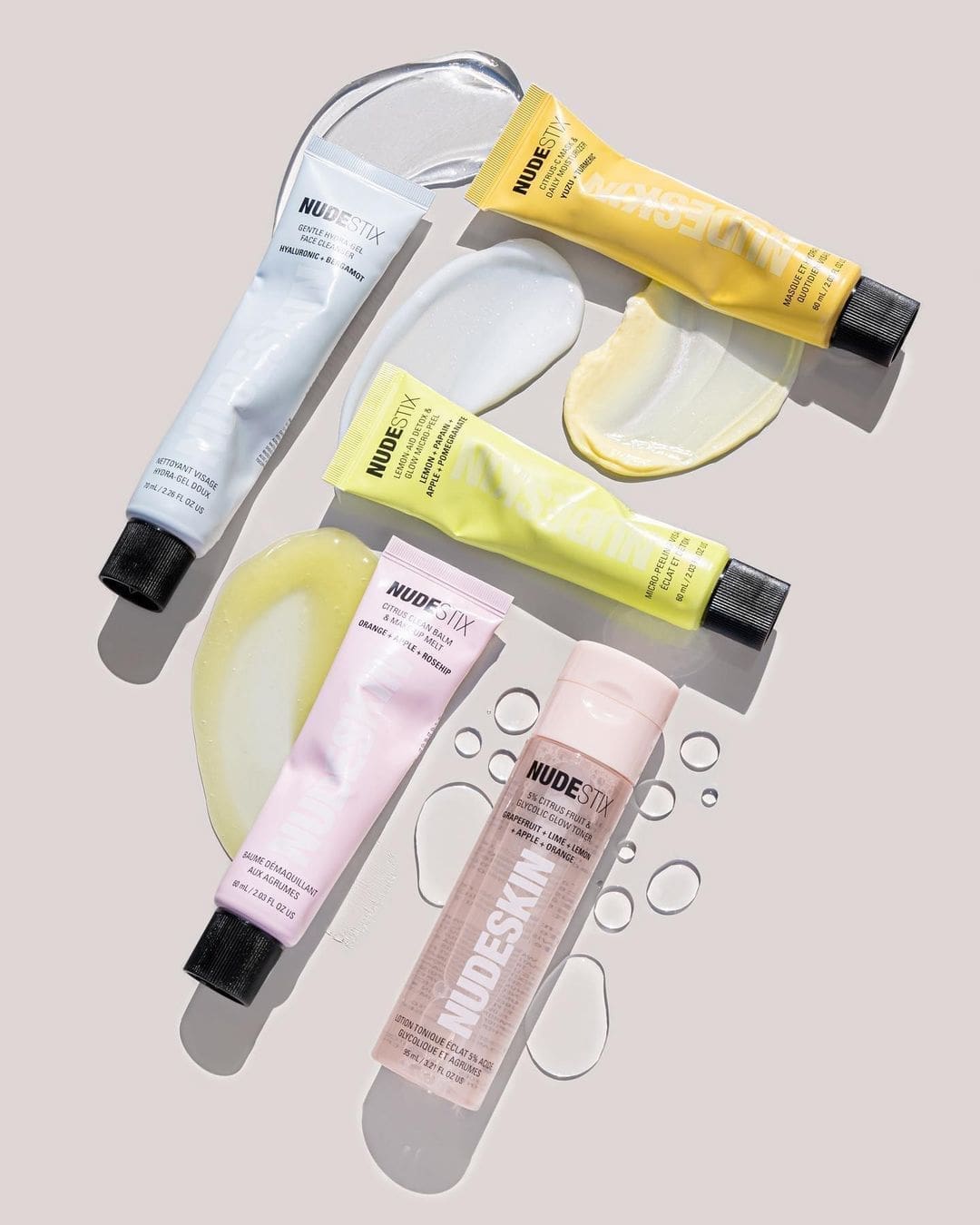
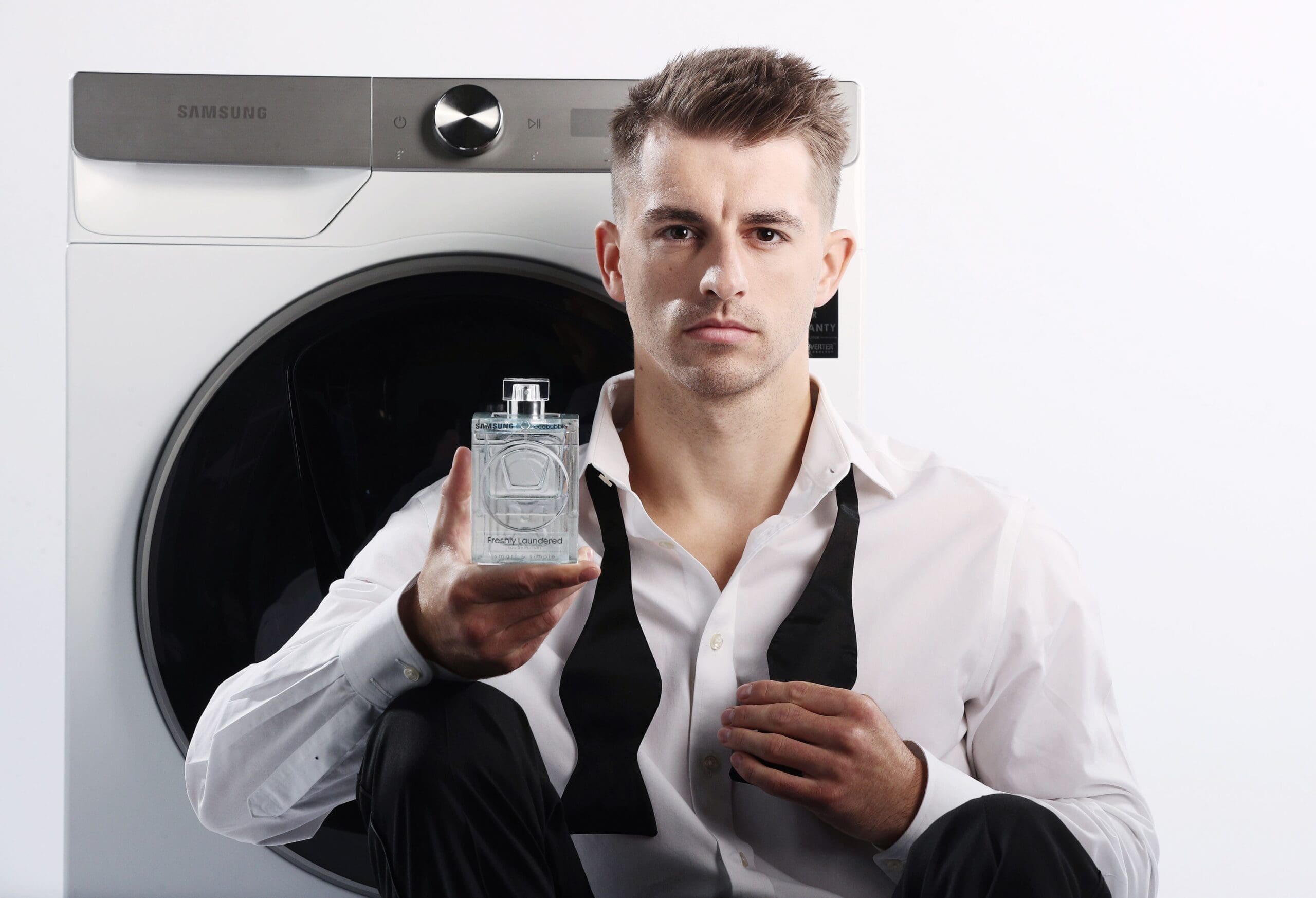
Source: Instagram/NudeStix, Samsung
Source: Estée Lauder













